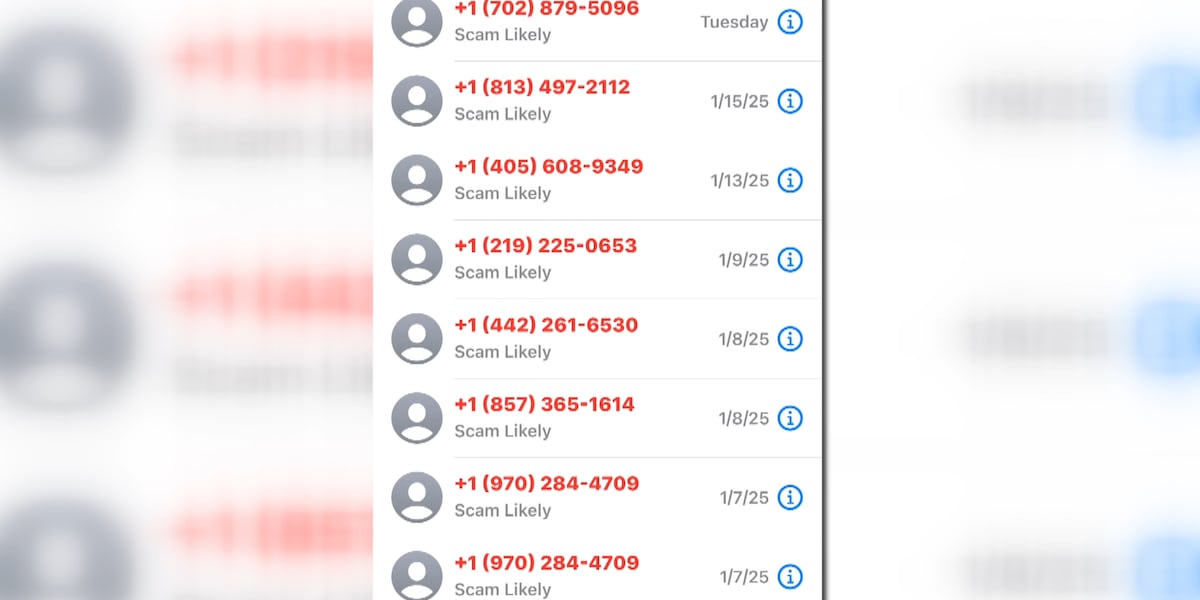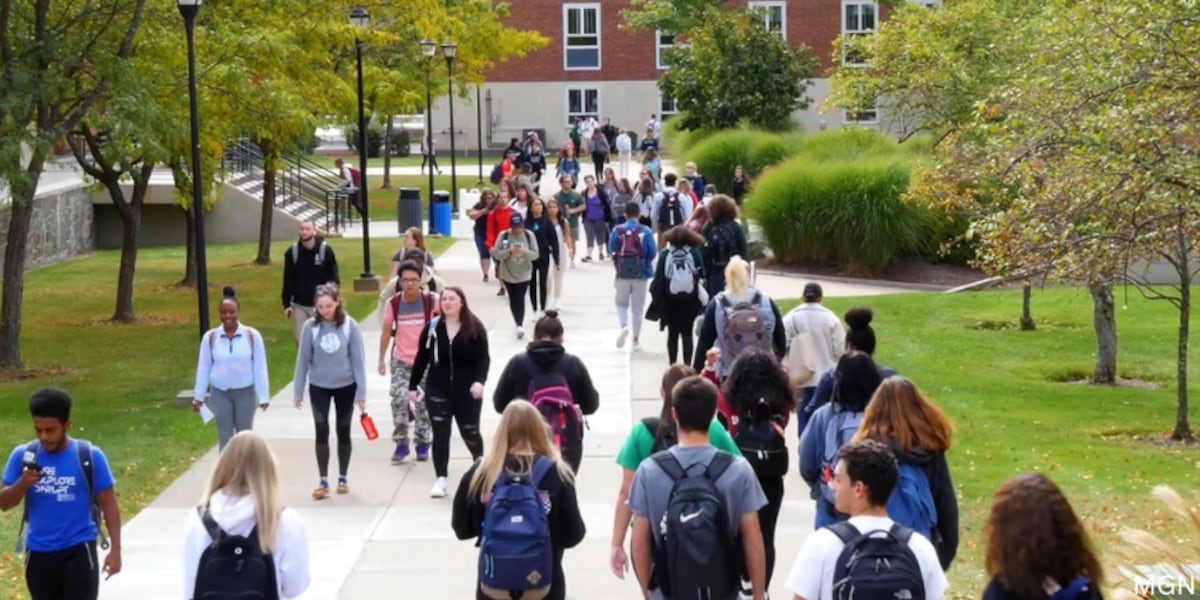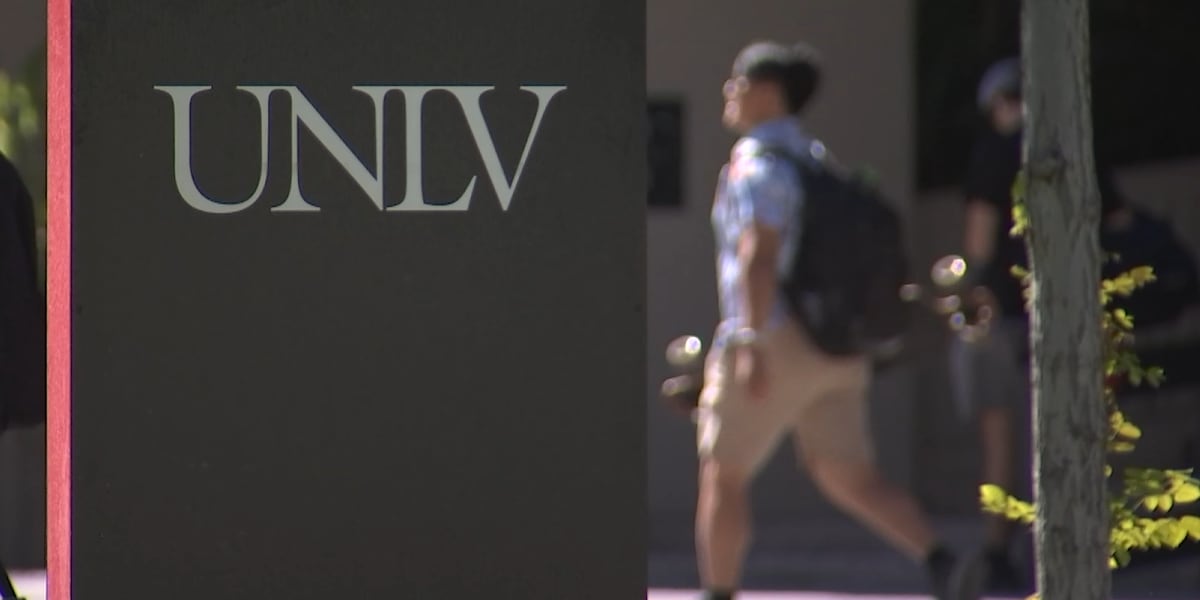LAS VEGAS, Nev. (FOX5) – Data collected by Tesla provided critical clues to the investigation into the New Year’s Day Cybertruck explosion. But – the concept could make you wonder if your car’s actually spying on you.
FOX5 Investigates wanted to know what sort of information your car or truck collects every time you slide behind the wheel, and we wanted to know what carmakers do with your data. We turned to a digital forensic expert for answers.
Tesla engineers took less than 24 hours to gather certain critical details about the Cybertruck’s route before arriving in Las Vegas, hours before it exploded in front of the Trump Hotel.
That quick turnaround earned praise from law enforcement, but cybersecurity experts tell FOX5 Investigates – they’re not surprised.
“I suspect that they already had that data stored in the Cloud. The cars are constantly communicating with Tesla’s servers, so Tesla should have had the information potentially up until the explosion.”
Brian Chase is the managing director for digital forensics the firm ArcherHall, which specializes in data collection and analysis. Chase tells us Tesla isn’t the only carmaker keeping an eye on its customers.
“Generally, they’re collecting all sorts in information about your driving, the location, the way you drive, how quickly do you accelerate or break. They’re going to be collecting diagnostic information about things like the engine and transmission, they can be collecting date on things as granular as when doors are being opened or closed.”
Chase says manufacturers mainly collect information about your driving habits and the way your vehicle responds to them, but not all car companies stop there.
“Many manufacturers last year, in 2024, were collecting data and then selling it, they were profiting off people’s data. Some of the manufacturers have reversed course since that came to light.”
In fact, Texas filed suit against General Motors in August claiming it illegally collected and sold drivers’ data to insurance companies without the drivers’ knowledge or consent.
“There have been people who have had their insurance rates go up after they bought a new car because the manufacturer was selling their driving behavior to the insurance companies and the insurance companies, and the insurance companies said ‘oh you’re a bad driver, we’re going to raise your rates,’” Chase says.
And it’s not just the carmakers keeping an eye on you.
“When you get down to the level of apps on your phone, there’s all sorts of stuff tracking you, regardless of whether you’re in the car or not so those insurance-based apps that are kind of always using your location, then they’re supposed to recognize when you’re in a vehicle based on speed, acceleration, and it’ll record that data.” Chase tells us.
“But, other apps on your phone are doing a similar thing, Snapchat, Facebook, Google, they can all be tracking your location if you enable it, and there are many, many more of them.”
Just the simple act of connecting your phone to your car opens up even further tracking opportunities.
“But that data gets stored on your car and you can gather that data from your infotainment system and get the history of phones that were connected, their contacts, potentially text messages and any data that phone was sharing with the car.”
So how do you know what information a manufacturer is collecting, and what they plan to do it with?
“You have to look at the privacy policies when you buy a car, Tesla, for example, has them on their website, so you can go read the privacy policies and see what data they track and whether that data gets stored with your account or not,” Chase advises.
“Each manufacturer’s going to make different calls on what data they store and how that data is stored, so you have to look at the policies for the manufacturer of your specific car to see how they’re using your data.”
20 states currently have comprehensive laws in place to protect people from the illegal collection and sale of their data. Texas is among them — Nevada is not.
It is illegal to collect and sell people’s personal health data here, but there are no legal protections in place for other types of personal information.
One thing to bear in mind, in or out of your car, apps can only track your activity on your phone if you let them. Tracking for each app can be controlled through your phone’s settings.
Copyright 2025 KVVU. All rights reserved.





